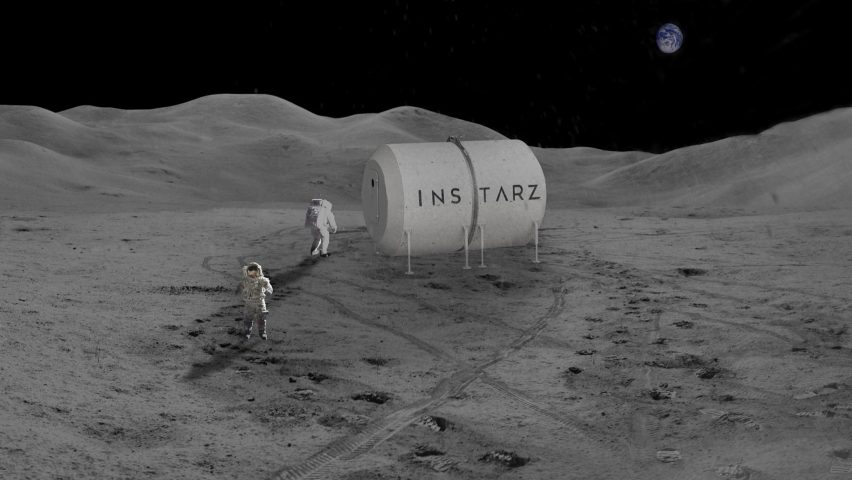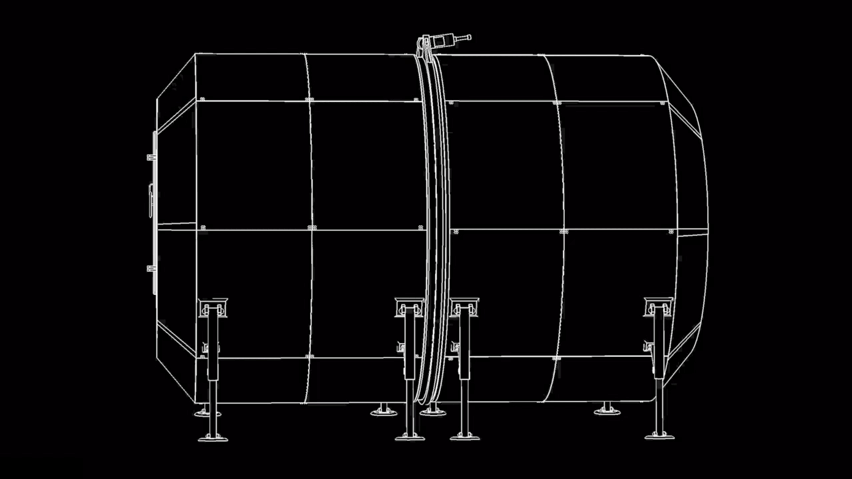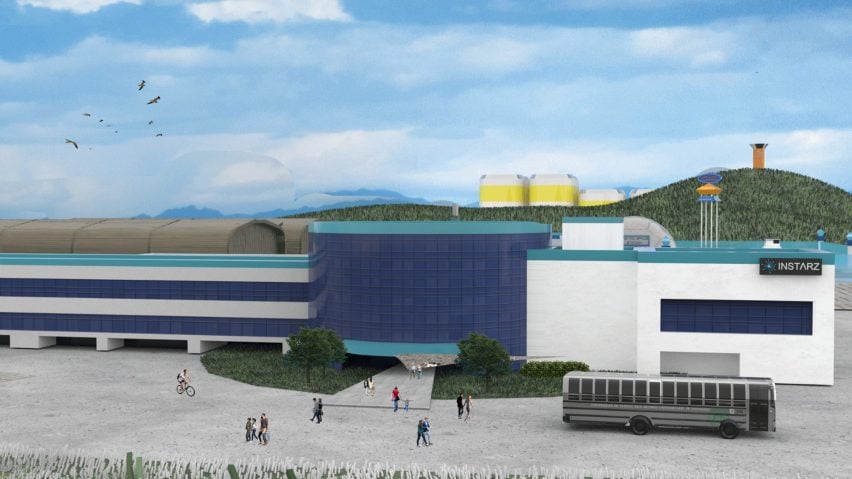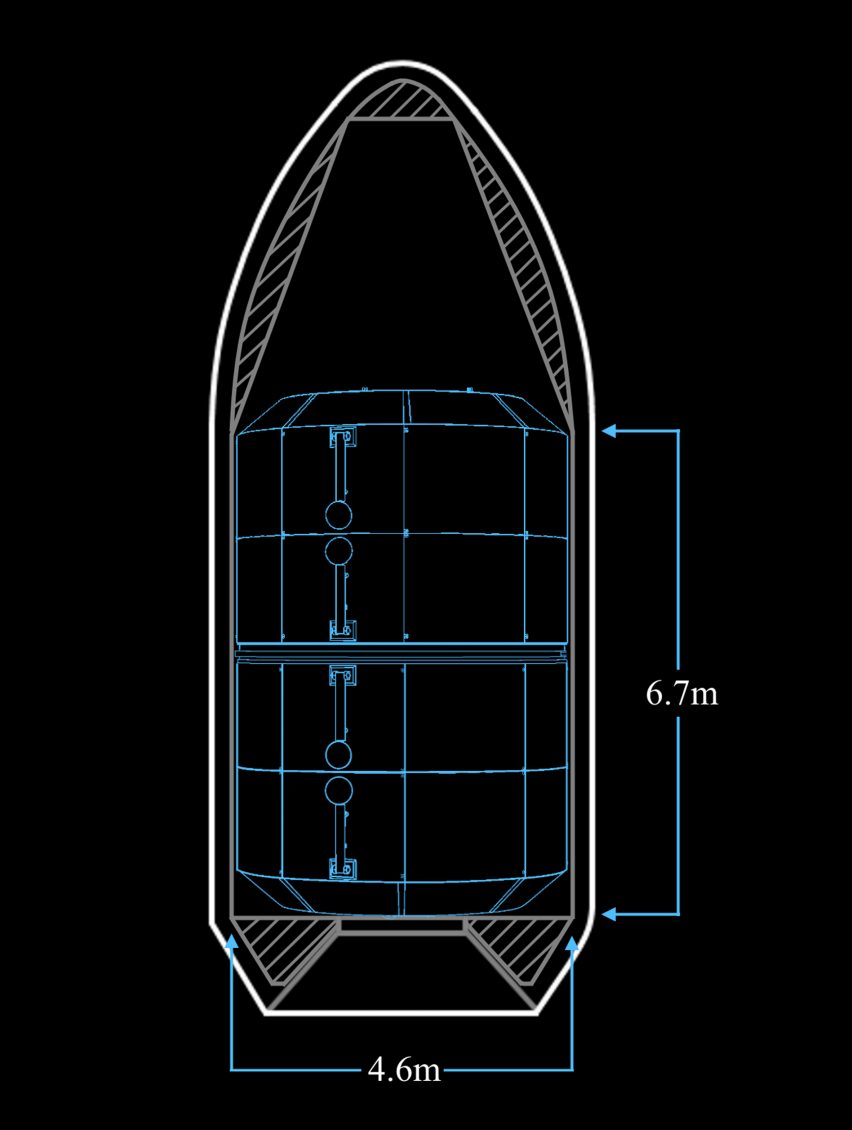
Expandable lunar habitat could provide a base for scientific research in space
Puerto Rican startup Instarz has revealed plans for a compact self-sustainable lunar habitat that would allow astronauts to live and work on the moon for up to a year.
The Remnant lunar surface habitat was developed by Instarz to further human exploration into deep space by supporting eight astronauts on missions lasting up to 12 months.
Remnant is designed to fit inside a five-metre commercial launch vehicle and would provide a pressurised volume of 1,000 cubic metres.

The company, headed by entrepreneur Joshua Castro and co-founder Roberto Rodriguez, set out to create a structure that could enable space agencies and private companies to establish a sustainable human presence on the moon.
The project is a response to the increasing interest in space exploration and travel, which has already seen Amazon billionaire Jeff Bezos unveil plans for a lunar lander and Texas-based startup Orion Span propose a luxury space hotel.
According to Instarz, establishing a habitable environment on the moon would enable NASA or other organisations to conduct tests and experiments that could inform future crewed missions into deep space.

"The lunar habitat will further scientific research, including the adaptability of the human body in hostile and low-gravity environments," said the company, adding that the moon also contains resources such as water and ice, which could be extracted and used for human consumption or the production of rocket fuel.
The cylindrical structure would use rows of adjustable outriggers on either side to give it a stable footing on the moon's surface.
It would feature a layer of micro-meteoroid orbital debris (MMOD) impact-shielding to protect it from the harsh lunar environment.
The self-assembled, expandable habitat is also designed to support closed-loop life-support systems, meaning its inhabitants would be able to survive without the need for external provisions.
Renewable energy sources including solar-generated electricity would be used to power the onboard systems.

Instarz is the first company in Latin America to develop space habitats. The firm is based in the city of Mayagüez because of Puerto Rico's high incentives and low tax-rates for research and development, as well as access to a pool of potential employees from nearby universities.
The project is currently at seed-funding stage, with the company looking for investors to finance the first scale prototype and begin the technology development stage. Estimates put the current development cost for the habitat at below one billion dollars.
The company announced details of the Remnant lunar habitat to coincide with the 50th anniversary of the Apollo 11 moon landing.
This event was marked around the world by events including an exhibition of lunar maps from the past 300 years, and a drone performance at the Kennedy Space Center.